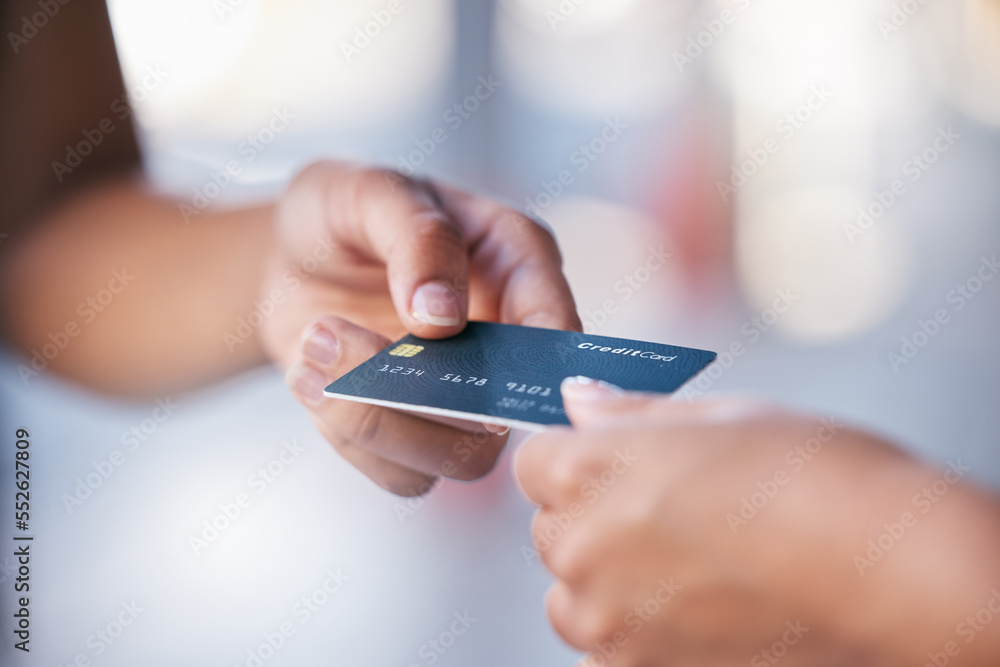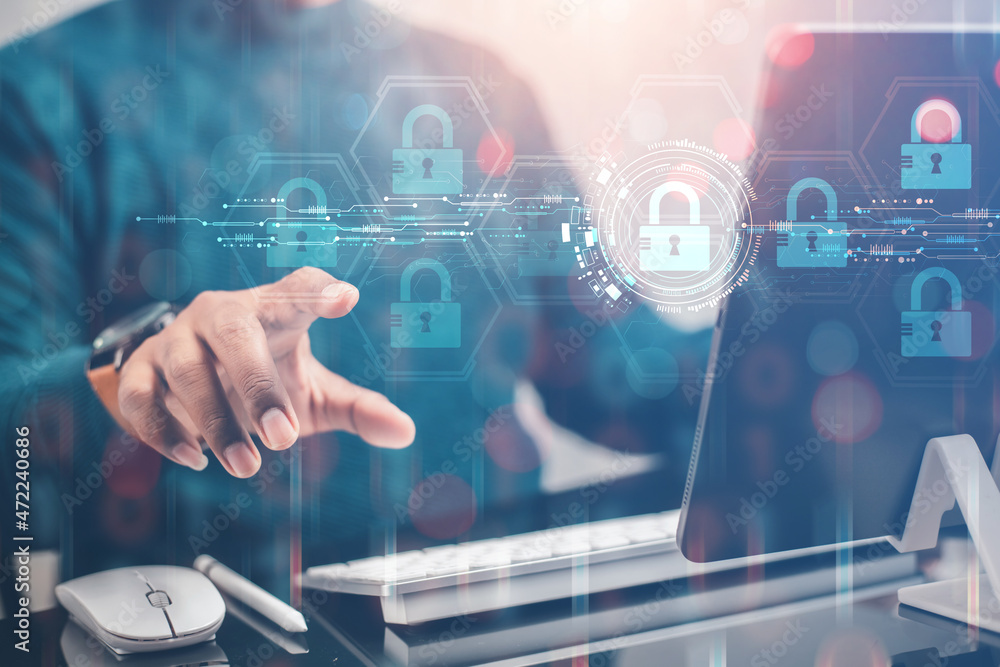
Cyber attacks are coming to town
You better watch out, you better not cry, cyber attacks are coming to town
Sadly, anybody that uses a computer is at risk of a various forms of cyber attacks. DUN-DUN-DUNNNNN! A friend of mine was recently a victim of a ransomeware attack and had to shell out $300 to the culprits in order to get the computer’s files back. As cyber attacks become more sophisticated and widespread, it’s not always easy to spot malicious code.
What is Ransomeware?
The recent WannaCry attack which affected over 200,000 users in at least 150 countries, used ransomware to hijack computer systems and demand money in the form of bitcoin, a type of digital payment system.
The ransomware initially requested around $300 and, if no payment was made, it threatened to double the amount after three days and delete files within seven days. These types of cyber attacks are common and can affect almost anyone.
So now that I’ve spread the fear, I’m going to throw out a few precautions that may save you a huge headache. It’s not really possible to avoid cyber risks altogether. However, it is possible to reduce the chance of falling victim to cyber attacks — if you know what to look for and what to avoid.
A few precautions include:
- Updating your network if you haven’t yet and implementing the appropriate software patches.
- Turn on auto-updaters, if available.
- Don’t click on links that you don’t recognize.
- Don’t download files from people you don’t know.
- Back up your documents regularly.
- Only connect to the Internet over secure, password-protected networks.
- Do not click on links or pop-ups, open attachments or respond to emails from strangers.
- Always enter a URL by hand instead of following links if you are unsure of the sender.
- Do not respond to online requests for personally identifiable information (PII); most organizations—banks, universities, companies, etc.—will never ask for your personal information over the Internet.
- Limit who you are sharing information with by reviewing the privacy settings on your social media accounts.
- Trust your instincts; if you think an offer is too good to be true, it probably is.
More About PII
PII is information that can be used to uniquely identify, contact or locate a single person. PII includes but is not limited to:
- Full Name
- Social Insurance Number
- Address
- Date of Birth
- Place of Birth
- Driver’s Licence Number
- Vehicle Registration Plate Number
- Credit Card Numbers
- Physical Appearance
- Gender or Race
If You Believe Your PII Has Been Compromised:
- Immediately change all passwords, and change your financial passwords first. If you used the same password for multiple resources, make sure to change it for each account, and do not use that password in the future.
- If you believe the compromise was caused by malicious code, disconnect your computer from the Internet.
- Restart your computer in safe mode and perform a full system restore.
- Contact companies, including banks, where you have accounts, as well as credit reporting companies.
- Close any accounts that may have been compromised. Watch for any unexplainable or unauthorized charges to your accounts.
DOWNLOAD our Quick tips guide to protecting yourself against Cyber Attacks.
For more useful tip, check out our Resource Centre.
To report a cyber crime, visit the Government of Canada’s Website Public Safety Canada.
POPULAR POSTS
-
 January 11, 2025Planning a Trip? Don’t Forget Travel Insurance
January 11, 2025Planning a Trip? Don’t Forget Travel Insurance -
 November 15, 2024Why High Net Worth Individuals Need Specialized Home Insurance
November 15, 2024Why High Net Worth Individuals Need Specialized Home Insurance -
 December 5, 2024How to Read and Understand Your Insurance Policy Like a Pro
December 5, 2024How to Read and Understand Your Insurance Policy Like a Pro -
 January 2, 2025New Year, New Coverage
January 2, 2025New Year, New Coverage



























